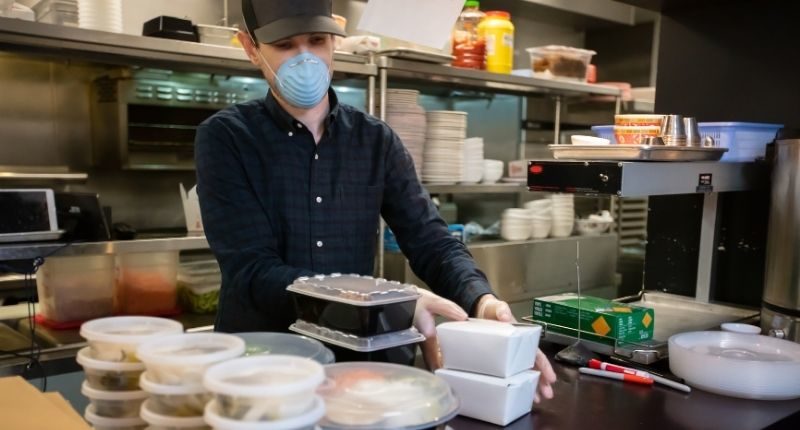- There is some optimism around, but it's still tough work for hospitality
- In a US survey, 40% of businesses had lost more than half their income
- Some local advocacy groups are asking for targetted support for the sector
No question, it’s been a mighty tough 12 months for hospitality and event businesses or organisations that rely on foreign tourists or students.
While much of the rest of the economy has come roaring back, it’s still pretty fragile for companies relying on the foot traffic of CBD office workers or arts businesses not back to full capacity.
Remember, many of these businesses only just eke out a living when full capacity is an option, and attained. Anything less can be a near-death experience.
A recent study by USA Today found that 39.4% of hoteliers had lost more than 50% of their revenue over the past year. A further 29.8% had lost 26-50%. That means 70% had lost a quarter or a half or more of their business. Ouch.
However, the same report found that 63% of them were ‘optimistic’ about the future of their business. They were confident that customers would return this year, once more and more people were vaccinated and the country opened up.
Back in Australia, with JobKeeper now over, the economy and property growing with unemployment and inflation low, one might think things are pretty good.
However, hotels – bereft of overseas visitors – have had it about as tough as anybody, while also being the places where COVID-19 quarantined people are stuck. TV cameras showing video of their entryways during COVID news stories has not helped propel the image of hotels as a place anyone wants to be around right now.
The Australian Hotels Association (AHA) and Tourism Accommodation Australia (TAA) has called for targeted and temporary assistance for the hospitality, tourism and accommodation sectors.
A report from the Council of Small Business Organisations Australia (COSBOA) has calculated that border closures and other restrictions have cost the tourism industry $7B in lost business over Christmas and the New Year period.
Green shoots?
Commonwealth Bank’s newly established Major Client Group has figures suggesting a recovery in the hospitality sector is well on its way.
“Eating and drinking out is making a good recovery, particularly in regional areas, but it is still sensitive to any periods of restrictions and lockdowns,” said Chris Williams, Head of the Group.

“Our hospitality sector has certainly had a tough 12 months but I’m optimistic about the outlook and the opportunities that will come from the economic recovery that is underway.
“As restrictions ease, we’ve seen many of our corporate customers in the sector working very hard to ensure they can hit the ground running.”
Chris Williams, Head of Major Client Group, CommBank
~~
Sources:
- USA Today newspaper network survey, 2021
- “The Small Business Perspective: A Survey and Review of the events, responses and Impacts of COVID-19 over 12 months from leaders representing small businesses.” – COSBOA Report 2021.








